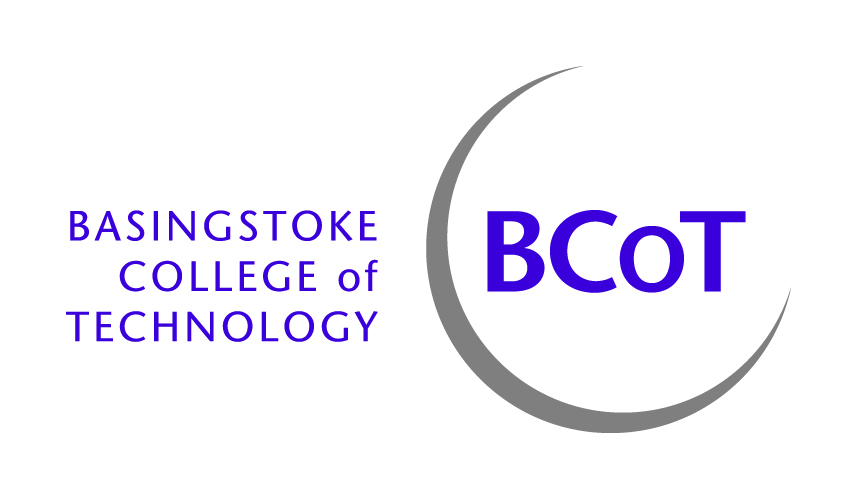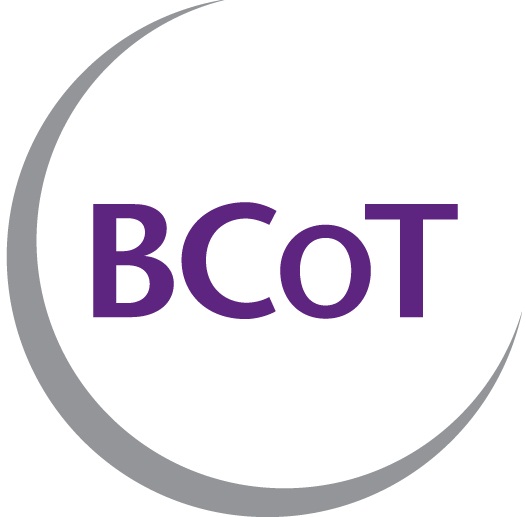Level 4 Lead Practitioner for Adult Care Apprenticeship
Apply NowLevel 4 Lead Practitioner for Adult Care Apprenticeship
FIND A COURSELevel 4 Lead Practitioner for Adult Care Apprenticeship
Apply NowLevel 4 Lead Practitioner for Adult Care Apprenticeship
FIND A COURSE
Institute of Apprenticeships Reference Number: ST0007
This apprenticeship programme includes learning about the primary role of a lead practitioner in adult care, who will guide and inspire team members to make positive differences in someone’s life when they are faced with physical, practical, social, emotional, psychological or intellectual challenges.
The apprentice will develop knowledge, skills and behaviours expected of a Lead Practitioner. They will be a coach and mentor to others and will have a role in assessing performance and quality of care delivery in the workplace. Those in the role may work in residential or nursing homes, domiciliary care, day centres an individual’s home or some clinical healthcare settings.
Apprentices will be responsible for ensuring regulatory compliance with the care given and the values and training of staff with established standards and regulations.
Some of the core competencies the apprentice will learn include: how to contribute to, promote and maintain a culture which ensures dignity is at the centre of practice, using a range of holistic solutions to promote and maintain health and well-being using person-centred approaches, and the importance of effective partnerships, inter-agency, joint and integrated working.
During the programme the apprentice will not only acquire further knowledge, skills and behaviours expected of a Lead Practitioner, but will also complete the Level 4 Diploma in Adult Care, which has been designed to align to the standard. The mandatory units cover core competencies whilst the optional units allow learners to choose from a variety of specialist areas to tailor the qualification to their needs, interests and to reflect the context of their work.
They will also be expected to complete Maths and English Functional skills if they do not already have any equivalent qualifications.
Throughout the apprenticeship learners are expected to demonstrate any growth and development in their job role in the form of 20% off the job training which may include shadowing, attendance at training, 1-1 training sessions, meetings.
- The apprentice should be working as a Team Leader or a Deputy Manager in an adult care setting.
- GCSEs at grade C/4 or above in English and maths or the willingness to complete this as part of the course.
· Observation of Practice.
· Professional Discussion (underpinned by a portfolio of evidence)
The EPA should be completed within three months after being meeting the gateway requirements and can be undertaken in any order and over a maximum of two days.















